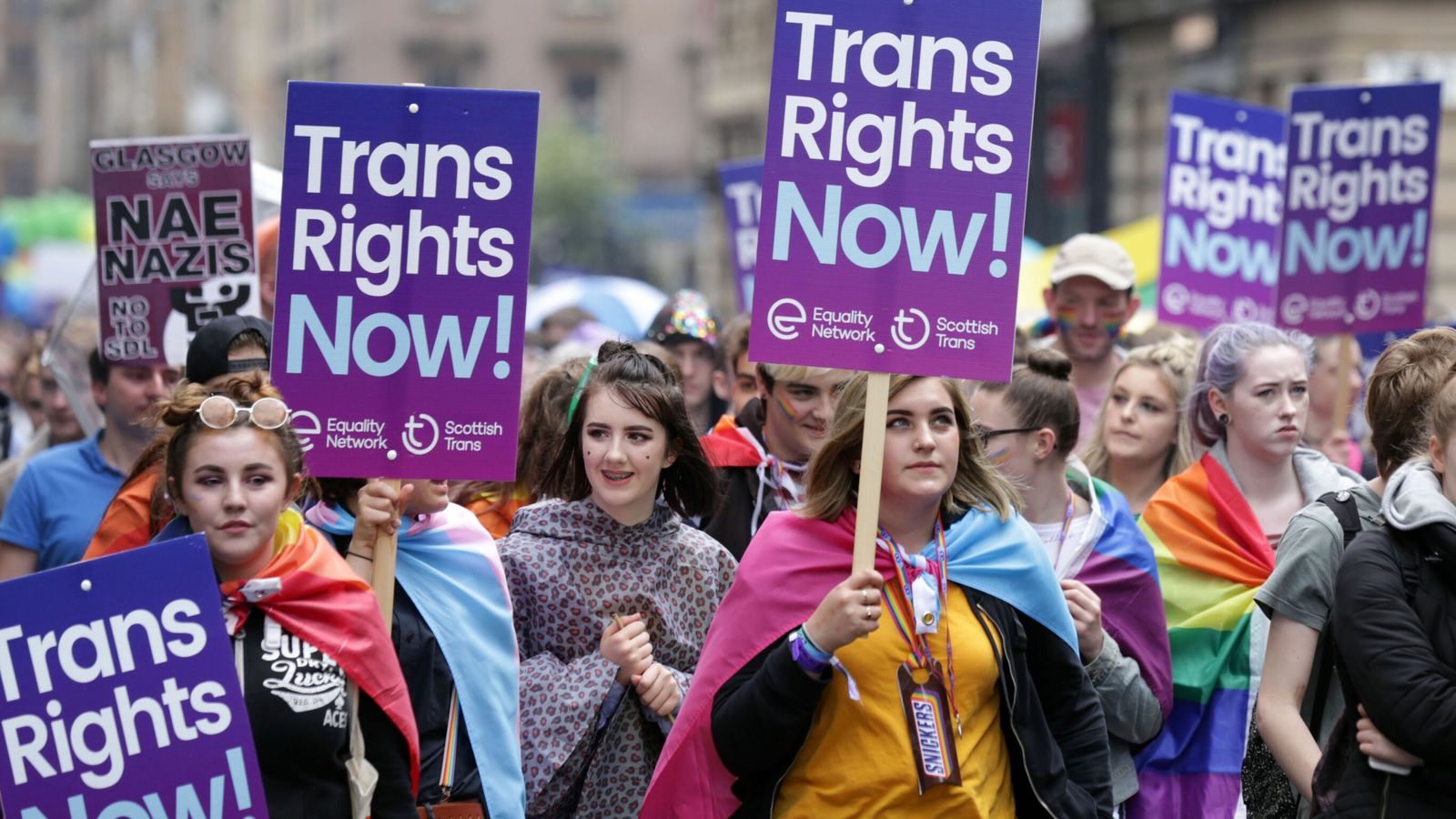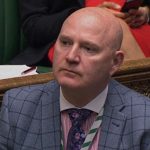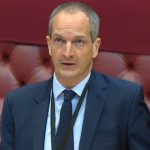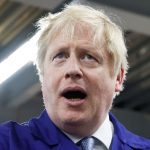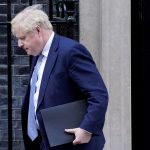The UK’s LGBT+ business champion has resigned over the government’s policy on conversion therapy.
Iain Anderson confirmed he had left his position with “a heavy heart” over what he called the government’s “profoundly shocking” position on LGBT+ rights.
Mr Anderson said trust and belief in the government’s commitment to the LGBT+ community had been damaged after a series of U-turns on plans to introduce legislation to ban conversion therapy.
Also called cure therapy or reparative therapy, conversion therapy refers to any form of treatment or psychotherapy that aims to change a person’s sexual orientation or suppress a person’s gender identity.
‘Conversion therapy is abhorrent’
In a letter to Prime Minister Boris Johnson shared on Twitter, Mr Anderson said it had been the honour of his life to serve as the UK’s first LGBT+ business champion, but felt he had “no choice” but to resign.
“As a young gay man I lived through fear and oppression under the backdrop of Section 28,” he wrote.
What is conversion therapy and what has the government’s position on banning it been?
‘Don’t say gay’ bill signed: Teachers forbidden to give sexual orientation lessons in Florida
Marvel’s first Muslim superhero Kamala Khan celebrated as new series Ms Marvel is teased
“I could never have dreamt then that a government – any government – would appoint an LGBT+ champion later in my lifetime.
“However the recent leaking of a plan to drop the government’s flagship legislation protecting LGBT+ people from conversion therapy was devastating. Conversion therapy is abhorrent.”
He continued: “Only hours later to see this plan retracted but briefing take place that trans people would be excluded from the legislation and therefore not have the same immediate protections from this practice was deeply damaging to my work.”
Row over government’s conversion therapy ban plans
Last week, the government backtracked just hours after making a U-turn on plans to introduce a new law to ban the practice.
Hours after it was reported that ministers would not outlaw the practice as previously announced, a Downing Street spokesperson told Sky News the government will ban conversion therapy after all.
But separate work is required to “consider the issue of transgender conversion therapy further”.
When announcing the initial consultation into the ban, the government had said the protections would cover people in terms of their sexual orientation and gender identity.
Read more: What is conversion therapy and what has the government’s position been?
Government LGBT conference in doubt
At least 100 organisations pulled out of the government’s forthcoming landmark LGBT conference after last week’s back-and-forth over the ban.
More than 80 LGBT+ groups and more than 20 HIV groups said they will not take part in the Safe To Be Me event, scheduled for June, unless Mr Johnson reverts to his promise for a trans-inclusive ban on conversion therapy.
Human rights charity the Peter Tatchell Foundation said that “a ban on conversion therapy that is not trans-inclusive is not a genuine ban at all”.
The Rainbow Project said any ban that didn’t include trans people was “not a real ban”.
Please use Chrome browser for a more accessible video player
Conservative MP Jamie Wallis, who last week came out as trans in a highly personal statement, has also rallied against ministers’ plans to limit a ban on conversion therapy for gay people.
Posting on Twitter, he said it was “wrong to exclude protections for a whole group of people from a practice described as ‘abhorrent'”.
A national LGBT survey done by the government in 2017 suggested that 5% of LGBT people have been offered conversion, and 2% have undergone the therapy.
These figures were higher among trans people, with 8% saying they had been offered the therapy, and 4% reporting having undergone it.
